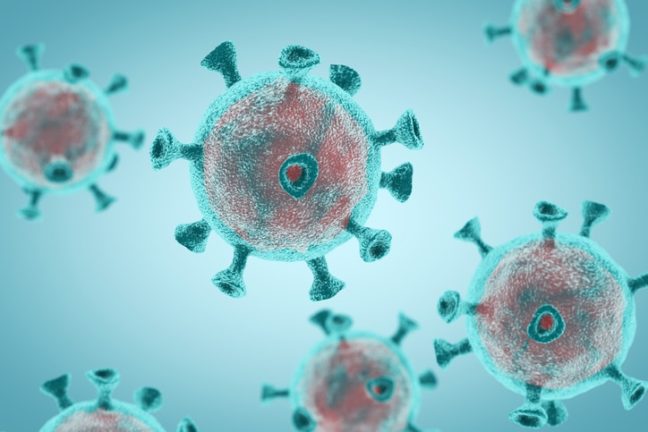COVID-19 and sick pay
Given the outbreak of COVID-19, employers will be concerned about the impact on their staff and business and individuals will be focussed on the effect the outbreak will have on their livelihood and family.
13.03.2020

In response to this, on 11 March 2020 Chancellor Rishi Sunak delivered his first Budget, which contained a £12 billion plan to support public services, individuals and businesses that may be affected by COVID-19.
The government’s COVID-19 action plan anticipates that 20% of the workforce could be off sick at any one time and the primary question is what pay, if any, workers will be entitled to. The following measures were announced to support those people who are unable to work because of COVID-19:
- statutory sick pay (“SSP”) will be paid from the first day of sickness absence, as opposed to on the fourth day of absence, for people who have COVID-19 or who have to self-isolate in accordance with government guidelines;
- SSP will also be available to: (i) individuals who are unable to work because they have been advised to self-isolate; and (ii) people caring for those within the same household who display COVID-19 symptoms and have been told to self-isolate; and
- rather than requiring a GP fit note for absences, employers should obtain from individuals their notification via NHS111 which they can use as evidence for absence from work as necessary.
Individuals that are self-employed, in the gig economy or employees below the lower earnings limit (£118 per week as at March 2020) are not entitled to SSP. The Budget announced support for this group to make it “quicker and easier to receive benefits” by the following:
- “new style” Employment and Support Allowance – this will be payable on the first day of sickness, rather than the eighth day, for those directly affected by COVID-19 or those self-isolating;
- people will be able to claim Universal Credit and access advance payments for those directly affected by COVID-19 or those self-isolating, without the current requirement to attend a jobcentre; and
- for the duration of the outbreak, the requirements of the minimum income floor in Universal Credit will be temporarily relaxed for those directly affected by COVID-19 or those self-isolating – this will ensure that self-employed claimants will be compensated for losses in income.
Additional support and guidance
The government has updated its guidance and individuals should self-isolate at home for 7 days if they have a new and persistent cough for up to four hours and a temperature of 37.8C and above.
Employers and individuals should ensure that they continue to monitor the government’s daily advice and the government has also produced guidance that will assist employers in preventing and managing instances where someone is suspected or confirmed to have coronavirus in a workplace setting.
ACAS also have advice for both employers and employees and covers and range of topics such as the closure of the workforce and health and safety precautions and the World Health Organization also has guidance for employers.